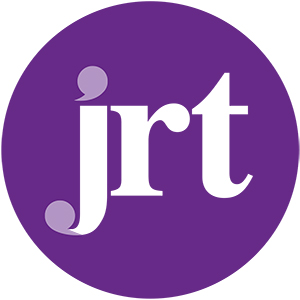18 May Virtual Professionalism
Many of us haven’t seen each other at the office in a while.
It was exciting at first to meet remotely utilizing cutting-edge technology. Various platforms enabled us to collaborate or interact together from the coziness of our new home office, which we built during a busy weekend.
Now, the excitement has virtually faded—pun intended, our professionalism has deteriorated along with our energy levels and motivations, affecting our effectiveness, teamwork, image, and possibility for valuable connection building. So, how can we brighten up and become more professional in our virtual work environment?
These simple tips can help you improve your professionalism and executive presence at work right now:
- Shower and get dressed. Only 45 percent of us shower every day, believe it or not. You’ll be more professional, look better, and feel better. Also, dress like you’re going to work. Unless you’re dealing with a top executive or new clientele, in which case you should dress more formally.
- Turn on your camera and set yourself apart. Show up dressed appropriately, and ready to go—even just in front of your PC. This conveys a sense of accountability, professionalism, and responsibility. Others will soon follow, bringing all of those dark squares to life. Your grin, your passionate gestures, and your facial expressions all offer a lot of good information that can influence your capacity to interact with others.
- Ditch the virtual background. At first, virtual surroundings are entertaining. They can be fun conversation starters and icebreakers, but they can also be distracting, especially They can be distracting if they’re too vivid and vibrant. Only 7.5 percent of people want to view a virtual background at work, according to studies.
- Wait for your turn to speak. When all you have are off-topic speak-overs, virtual meetings become intolerable. Creating a charter for how meetings will run can help keep talks on track and fruitful. To be inclusive, use an agenda to keep proceedings on track — and preferably brief — and to give everyone a chance to contribute.
- Pay attention. You look amazing, the camera’s on, and you’re waiting patiently for your chance to chime in and contribute where appropriate, thanks to the prior instructions. Now take a seat and listen. Pay attention. Stop juggling tasks. According to neurobiology, none of us are particularly good at it. So, be respectful of your coworkers and pay attention. Then you may ask intelligent, action-oriented follow-up questions, which will aid cooperation and project management while also demonstrating to your valued colleagues that you are thoughtful, attentive, and involved.
We might be too preoccupied with adjusting to all of the changes that have occurred in the aftermath of the pandemic to remember our fundamental lessons. But along with all the changes that have happened, remember your basic social skills. Be respectful. Everyone is agitated and busy because they are working so hard. Even in the age of virtualization, simple, heartfelt words of courtesy such as “thank you” may lift anyone’s spirits—even your own.

Sorry, the comment form is closed at this time.